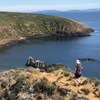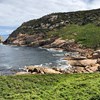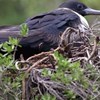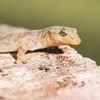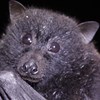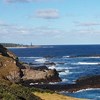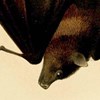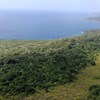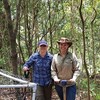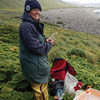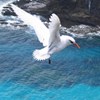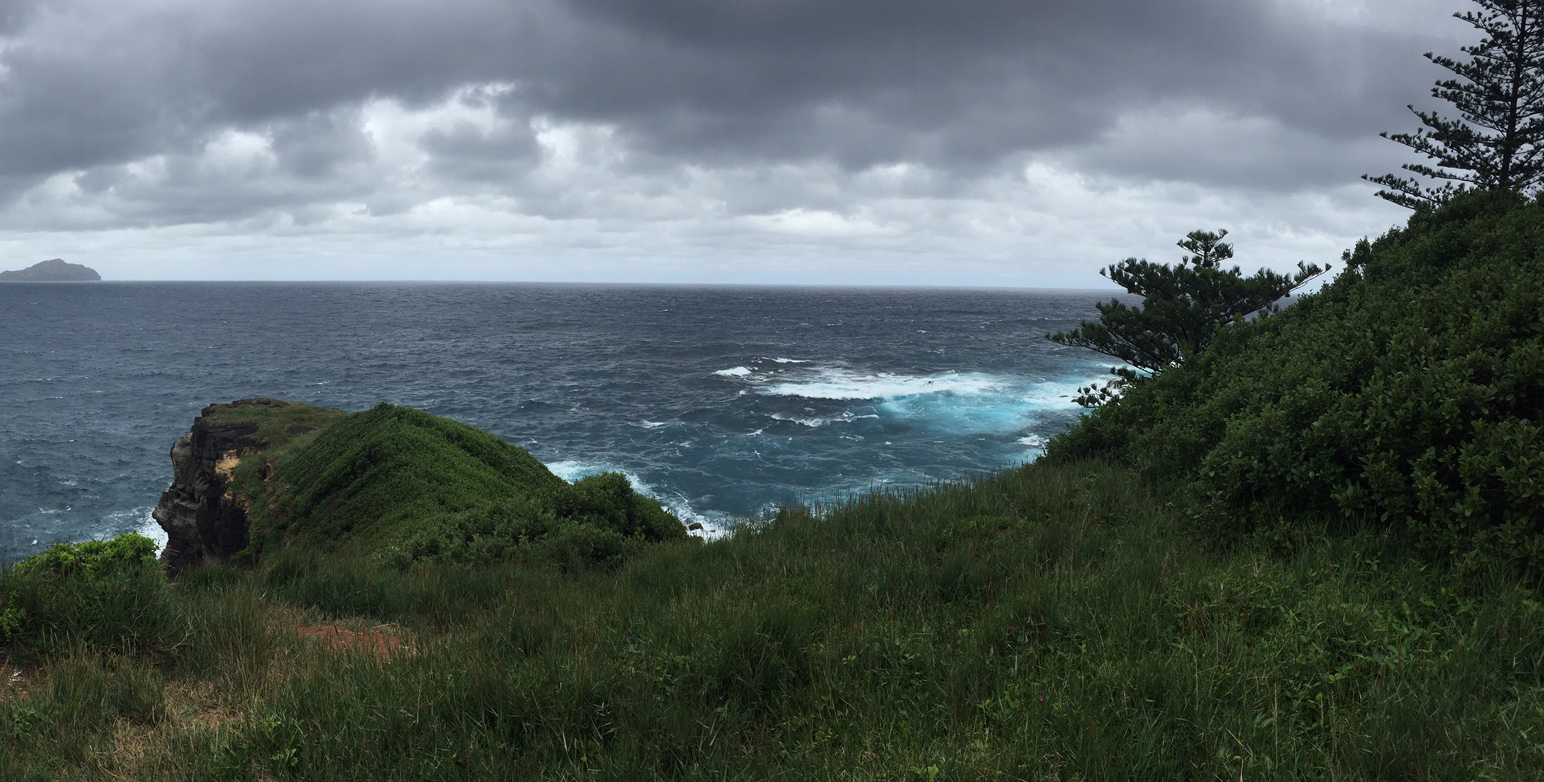
Success, failure and lessons learned on Australian islands
Wednesday, 04 May 2016Australian islands have a vital role to play in protecting threatened species. By providing predator-free, relatively low-pressure environments, islands can act as sanctuaries for species at risk on the mainland.
They also present novel conservation challenges and opportunities, and better information is needed on how to most effectively protect Australia’s island biodiversity.
Participants at the recent ‘Threatened Species Management on Islands: failures, successes and lessons learned’ workshop identified several areas where research can be directed to improve success rates for island conservation.
As well as looking at where and how threatened species management has been successful and unsuccessful on islands, the group discussed new and emerging challenges for island conservation and also identified potential future collaborations.
The workshop, run by Dr Justine Shaw and Associate Professor Salit Kark from the TSR Hub, attracted approximately 40 researchers from Australian, US, Scottish and Swedish universities, as well as people living and working on Lord Howe, Norfolk, Christmas and Phillip Islands.
The multi-disciplinary group included academics, research scientists, park rangers, state and federal government scientists, consultants, museum staff, community leaders and scientists from NGOs.
Management lessons from across islands and organisations were shared and will enhance future collaborations and joint projects, and the workshop will inform the future direction of the TSR Hub’s Project 4.2 (Saving species on Australian islands).
The workshop was held in conjunction with the recent Island Arks IV symposium held on Norfolk Island, in the wake of the Churchill Cyclone passing north of the island that morning.
-
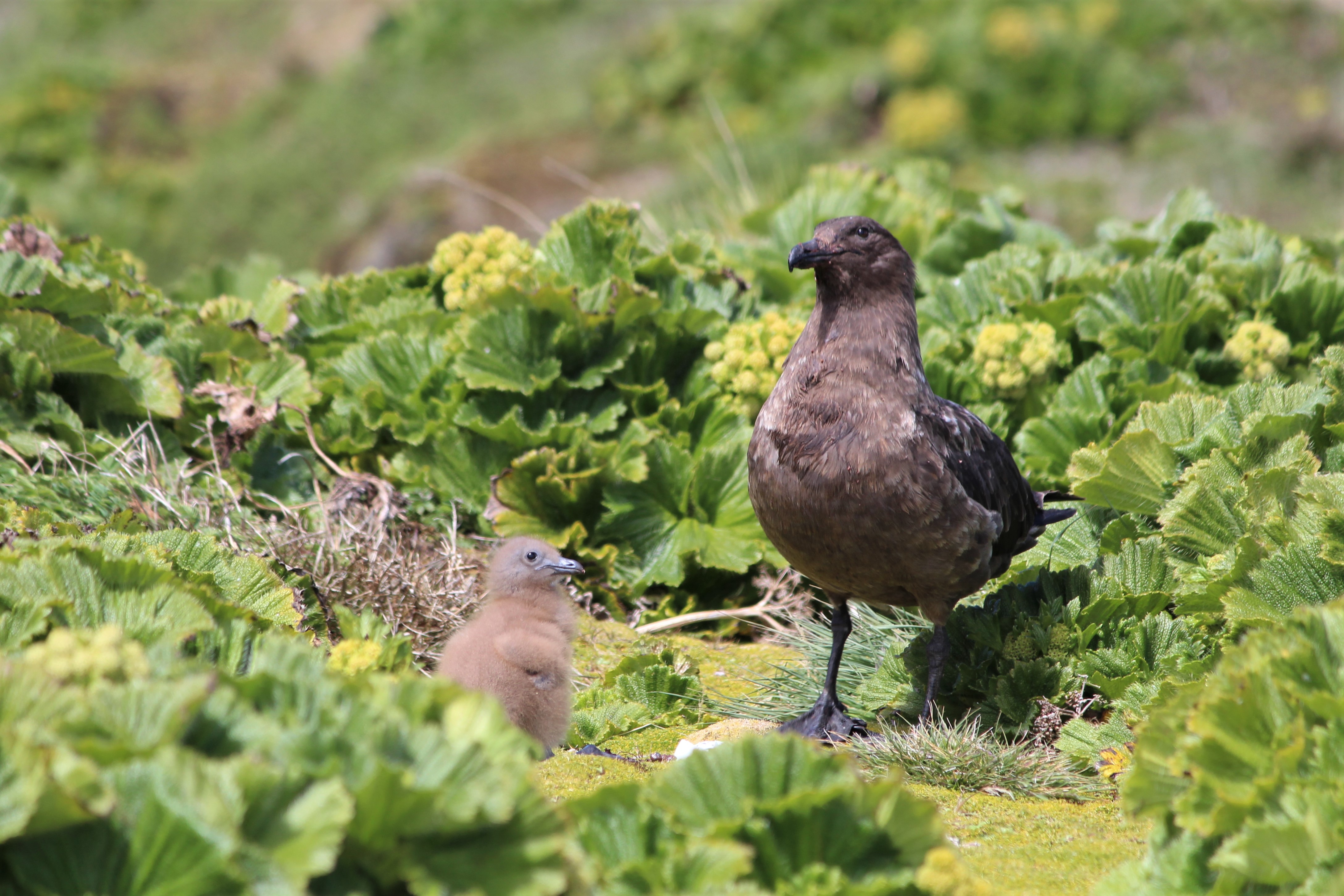
How the brown-skua, a top-native predator, is responding to rabbit eradication on Macquarie Island
Friday, 09 July 2021 -
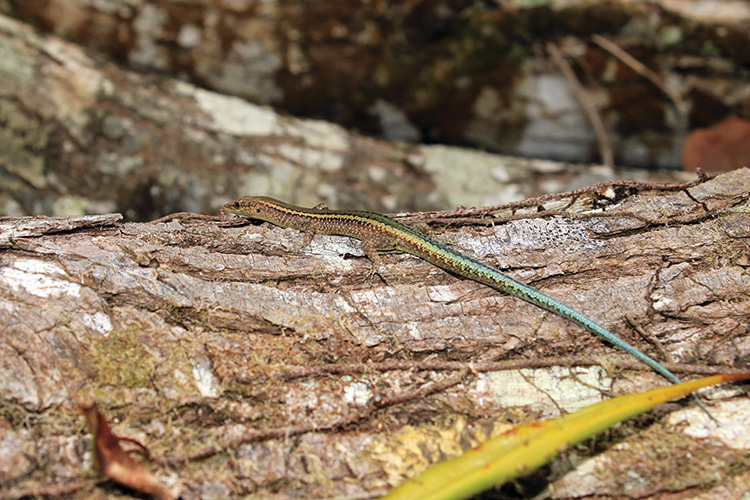
Beyond captivity for Christmas Island reptiles
Tuesday, 26 November 2019 -
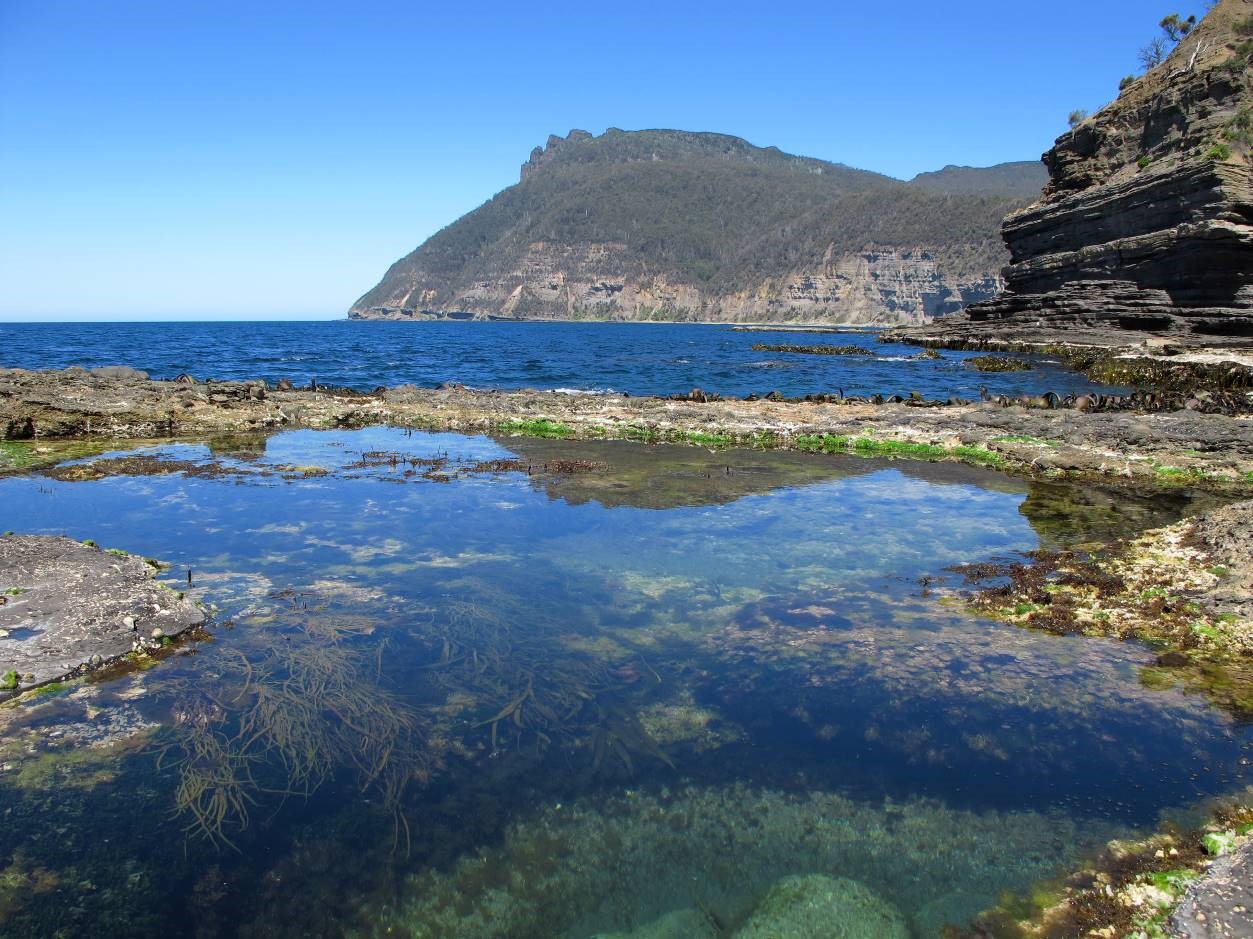
No researcher is an island
Monday, 01 August 2016 -
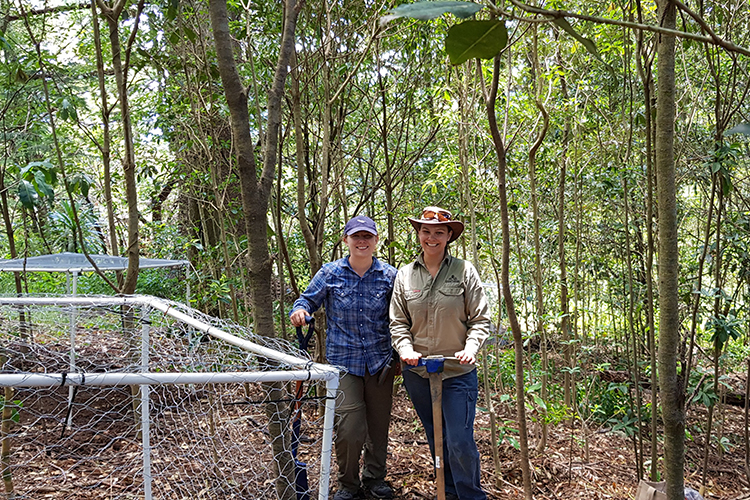
Norfolk Island’s threatened flora
Wednesday, 05 June 2019 -
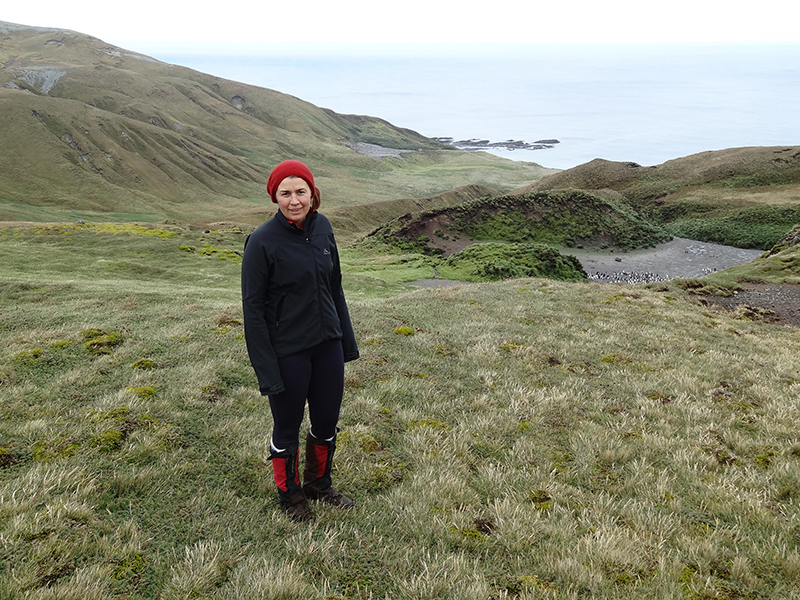
Watching Macquarie Island transform after a massive intervention
Friday, 20 October 2017 -
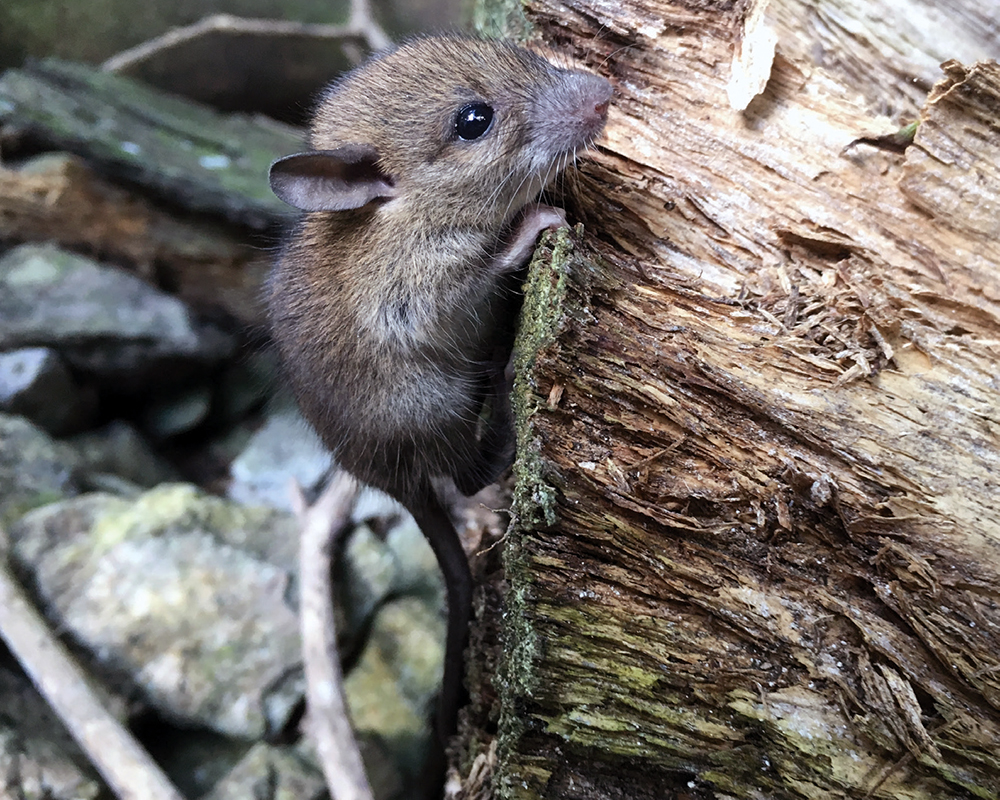
When the cat’s away will the rats play?
Monday, 16 March 2020 -
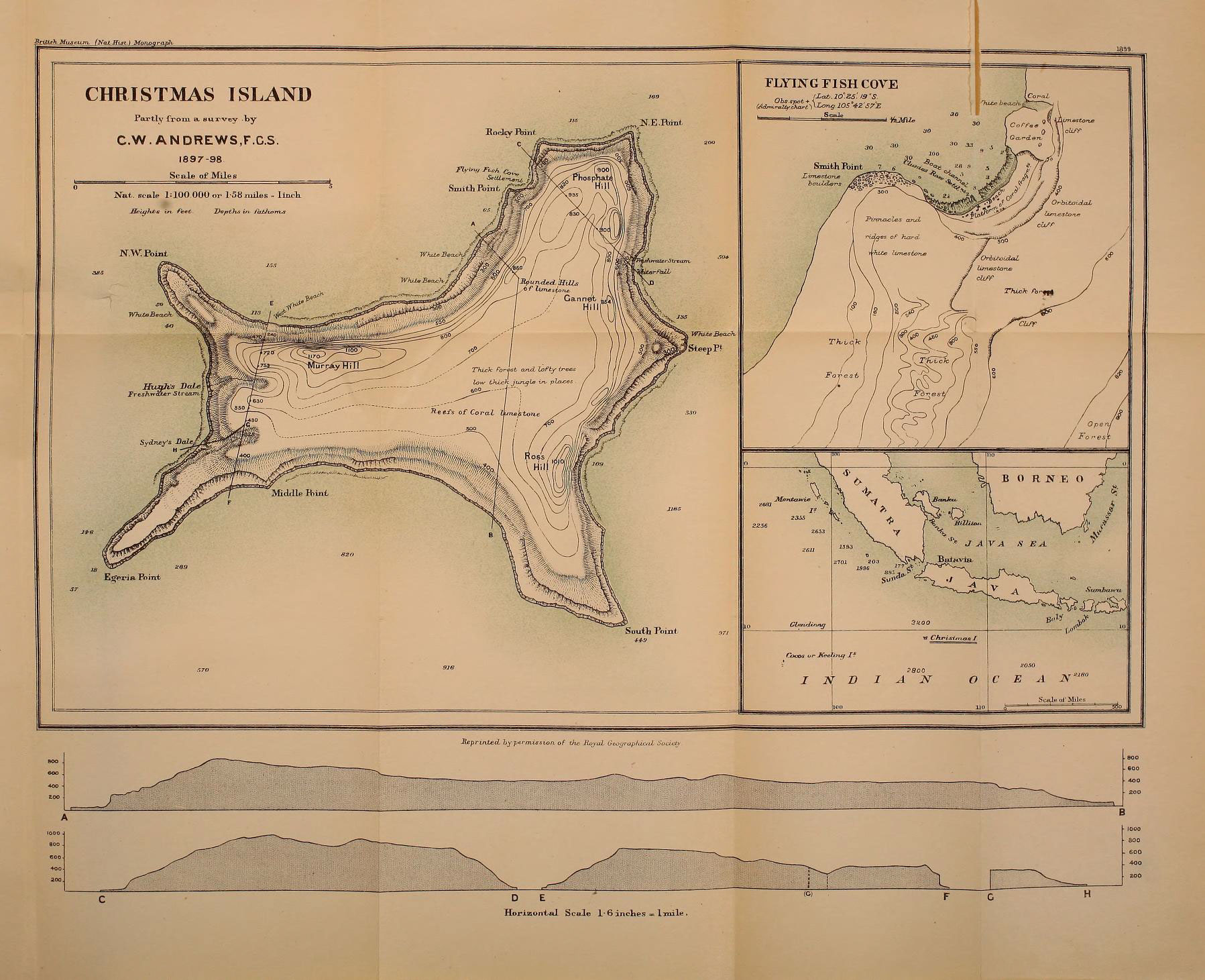
Christmas Island a high priority for the Hub
Sunday, 13 December 2015 -
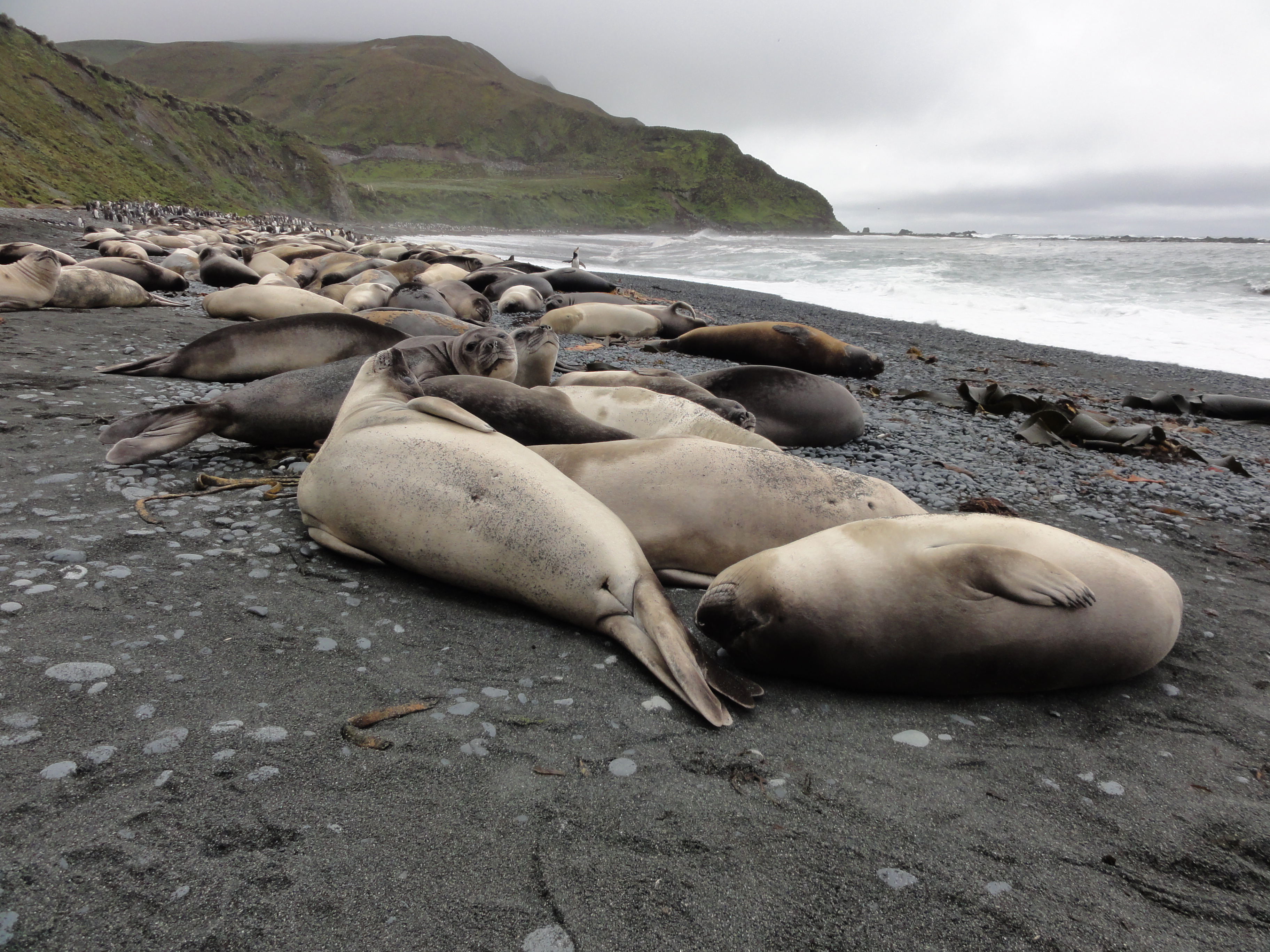
Joining the dots: working together to protect our island network
Wednesday, 30 March 2016 -
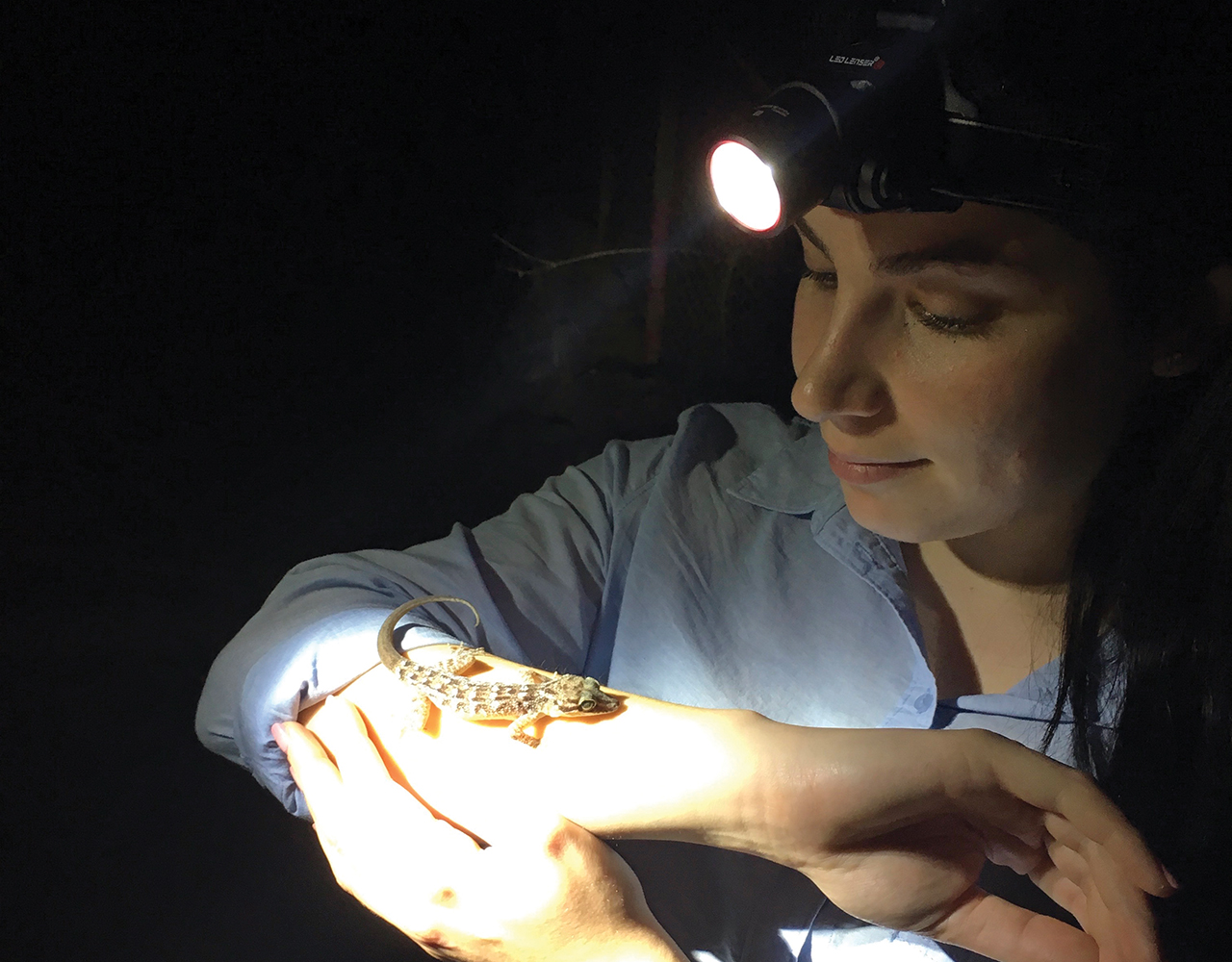
Protecting threatened Christmas Island reptiles from a new disease
Wednesday, 28 October 2020
